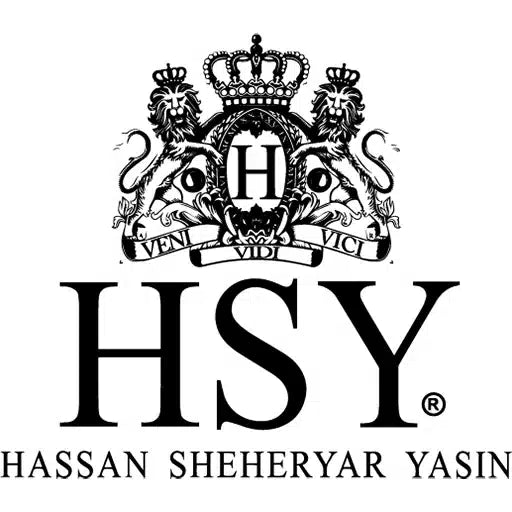
Will I need to cover my head as a woman attending the wedding?
Share
At a Pakistani wedding, you, as a guest, are warmly welcomed to share in the joyous moments of the wedding. There is utter respect for every individual and their attire, where everyone is open to the different styles and designs. Regardless of your background, whether Western, Asian, or any other culture, your style, dress, and the way you present yourself are always respected. However, it is essential to maintain modesty in fashion at a traditional Pakistani wedding.
Understanding the head covering tradition in a Pakistani wedding
A dupatta or chador, used for covering the head, is an integral part of Pakistani culture, even at weddings. Without a dupatta, a woman is generally considered out of the modesty that is usually expected from her. Therefore, while not necessary, you can cover your head stylishly and elegantly. For weddings, a dupatta can be stylishly embroidered and elegantly placed over your head, complementing your overall tone. You can also have a dupatta on without having it on your head.
Stylish & modest ways to cover your head in every event
There isn’t a certain compulsion on you to cover your head; however, if you are interested in doing so, it can be done in various fashionable ways at every ceremony. Let’s look into these ways of doing so in the context of all the events at a wedding.
Covering the head at Nikkah
The Nikkah is a soulful and religiously connected ceremony, a contract signed by the bride and the groom who start their relationship according to Islamic law. In this event, go for a modest dress that covers your shoulders and knees. A light scarf or dupatta with a lehenga or gown is always suggested during prayers, especially when entering a mosque or religious space.
Mehndi’s approach to covering your head
The mehndi event is a more festive and casual one, calling for a space to dance along and celebrate the new union. Head covering in a Mehndi event is optional; consider carrying a scarf as it would be a polite option to go for.
Modest attire at a Walima
A Walima is a more social, secular, and formal event, where covering the head may not be necessarily required. However, a dupatta may serve as an elegant accessory. It is your own choice to style it across your shoulders or drape it loosely.
Styling your dupatta in a wedding
Covering your head in a Pakistani wedding does not mean you are compromising on your fashion. Dupatta, either covering your head or not, can make you look even more graceful and beautiful. Go for lightweight and breathable fabrics such as chiffon, georgette, or lawn, especially ideal for daytime with hot weather, keeping you cool in long, active events. Bright colors for mehndi, while jewel tones or pastels for other events.
Final takeaway on covering your head in a wedding
In the end, it’s always handy to bring on a dupatta or scarf, even if you do not cover your head with it. As a guest, when you bring a dupatta or scarf, it shows that you respect the culture and blend with it elegantly. He dupatta keeps you flexible as it is used when needed.







